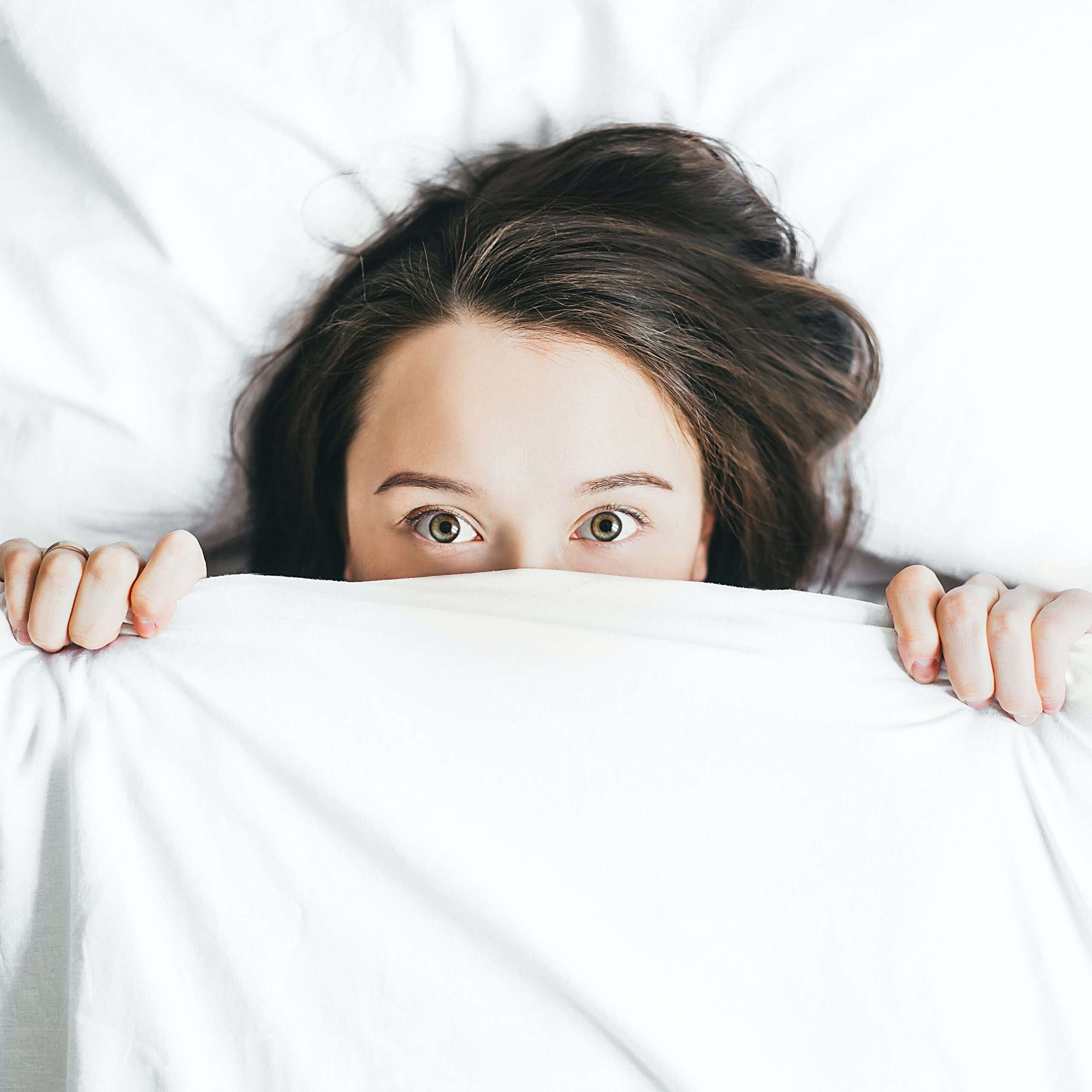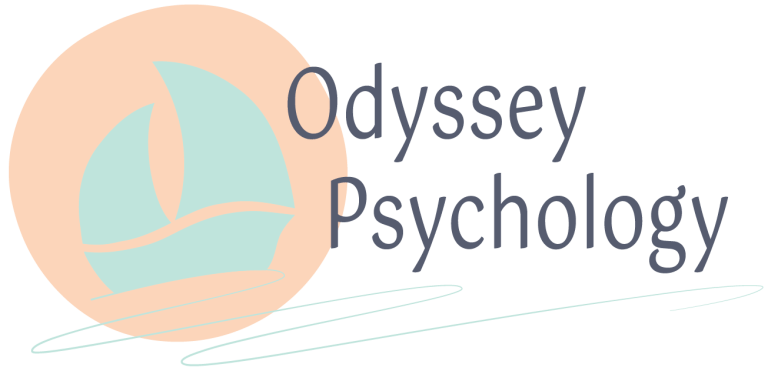Insomnia and Sleep Problems

Our Sunshine Coast Based Psychology Clinic Can Help You with Insomnia
What is Insomnia?
Sleep problems are a common issue among Australians. Up to 45% of Australians report inadequate sleep. Insomnia is a specific diagnosis given to people who experience difficulties falling asleep, remaining asleep, or waking in the early morning. The problem must be ongoing, having occurred for at least one month and causing significant distress and/or functional problems (e.g., at work, school, and social life). It is estimated that 20% of Australians suffer from insomnia.
Sleeping is connected to many biological processes of our bodies. For that reason, insomnia and sleep problems can be caused by a variety of factors. Sometimes insomnia is a ‘symptom’ of another mental health disorder, such as anxiety or depression. Insomnia and sleep problems can also be caused by environmental factors (e.g., an overly noisy or hot environment) or behavioural factors such as a poor sleep routine. Another common cause of insomnia and sleep problems can stem from biological issues such as snoring or sleep apnea. Roughly 20.5% of Australians snore and 8% are diagnosed with sleep apnea.
Insomnia and sleep problems are difficult to live with. It can be very frustrating tossing and turning every night hoping to be blessed with a few hours of sleep. Sleepless nights are often followed by feeling irritable and fatigued the following day. Odyssey Psychology can assist you with finding the underlying issues that are causing your sleep difficulties and then help you develop strategies to finally get a good night’s sleep.
Symptoms of insomnia and sleep problems
Untreated insomnia and sleep problems can have adverse effects on a person’s health, wellbeing, productivity, and safety. Below you will find a list of symptoms associated with insomnia and sleep problems, which are common reasons why people start therapy:
- Snoring
- Sleep Apnea
- Irritability
- Weight Gain
- Changes In Appetite
- Headaches
- Worry or uncontrollable thoughts (e.g., unable to ‘switch your mind off’)
- Poor concentration and attention
- Memory issues
- Daytime fatigue and sleepiness
- Difficulty falling asleep or remaining asleep
- Frequent waking
- Inadequate sleep
- Irregular sleep routine
- Increase in mistakes and accidents
- Falling asleep or nodding off when sitting still (e.g., at work or while driving)
- Stress
- Anxiety
- Feeling depressed/flat/lacking motivation
- Feeling aggressive or ‘snappy’
Health Risks of Insomnia and Sleep Problems
The amount of sleep someone needs varies between individuals. Our need for sleep also changes as we age. Generally, we need more sleep when we are younger and less sleep when we are older. The recommended amount of sleep for an average adult aged between 18 – 60 years is between 7-9 hours per night. Australian adults, on average, get 7 hours per night. Twelve percent report less than 5.5 hours of sleep and eight percent report more than 9 hours of sleep.
There are many reasons that we need sleep, such as to allow our bodies to recover and repair. Chronic sleep deprivation and insomnia can lead to many problems with health and wellbeing, such as:



How Psychology Can Help with Insomnia and Sleep Problems
Most cases of insomnia and sleep problem are caused by environmental, cognitive (i.e., psychological/mental), or behavioural factors that can be modified. Psychologists are experts in behaviour change and can offer many different behavioural and psychological strategies to help you get a better night’s rest.
Treatment for Insomnia
Cognitive behavioural therapy for insomnia (CBTi) is the gold standard treatment for insomnia. Research has shown that people who see a psychologist or therapist for CBTi treatment experience improvements with their sleep after about four sessions, which is more effective when compared to self-help programs.
CBTi works as well as sleep medication in the short-term (4-8 weeks) and works better than medication in the long term, with none of the negative side effects often experienced with sleep medication. CBTi can still benefit people who continue to take sleep medication while participating in the therapy. However, there is good evidence that CBTi can help reduce the amount and frequency of sleep medication used (80-90% reduction) and in many cases can result in no need for sleep medication at all; in as little as seven weeks or therapy.
CBTi treatment for insomnia and sleep problems is well adapted for telehealth and online therapy. Recent research in 2020 found that CBT for insomnia offered via telehealth had similar outcomes to in-person treatment. Telehealth for insomnia may be useful for those who live outside of the Sunshine Coast or are unable to attend face-to-face appointments at our clinic in Maroochydore. Please contact us for details if you would like to learn more or schedule an appointment.
Are you ready to take back control?
We are here to help. You can contact us by phone or email if you are ready to start therapy or if you would like to find out more about how therapy can improve insomnia or sleep problems.




